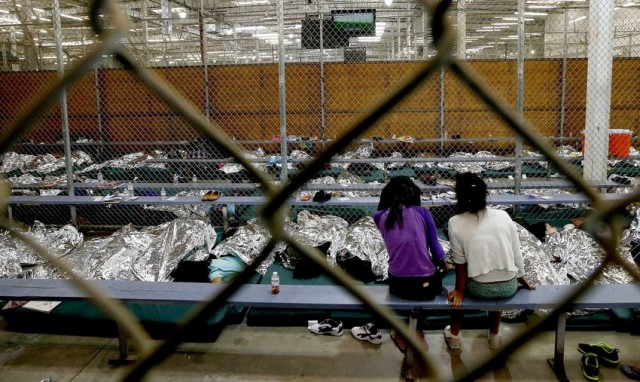One of the main objectives of the recent trip was to encourage Salvadoran government officials to accept an almost $300 million grant from the U.S. government in the form of a Millennium Challenge Corporation grant. According to Steinberg, the money will go to improving educational opportunities for Salvadoran youth, with an emphasis on vocational training, infrastructure and “high-wage job opportunities.”
Before the grant is finalized, the U.S. insists that El Salvador pass an anti money-laundering law, a stipulation it initially balked at.
“Our delegation reinforced with the Salvadoran government that they must find a way to get that money,” Steinberg said.
El Salvador’s legislative assembly approved such a bill on July 16, but it has yet to be approved by the U.S. Treasury. (Newly elected Salvadoran President Sánchez Cerén was at the White House Friday to meet with President Obama.)
Watch State Senate President pro Tem Darrell Steinberg's interview from KQED NEWSROOM:
David Shirk, associate professor of political science and international relations and director of the Justice in Mexico Project, explained some of the reasons why there is a sudden influx of immigrant children.
“I think we’ve paid a lot of attention in the past few years to the wave of violence that has hit Mexico, but what many people haven’t realized is that that wave of violence is regionwide, and particularly in Central America, in places like Guatemala, Honduras and El Salvador."
Drug trafficking activity and organized crime activity have spilled over into several Central American countries, according to Shirk. But he said it would not take a lot in U.S. aid and assistance to Central American countries to make their communities safer.
“I would imagine that for a fraction of what we spend on border security, we could help to develop counter-gang programs, after-school programs, workforce development programs in many of these countries that would have a far more lasting effect in protecting these kids and preventing them from coming here to the United States,” Shirk said.
Steinberg said that while additional aid and federal reform are badly needed, “I would err on the side of granting relief to kids who are trying to flee these violent environments where they don’t have much opportunity.”
KQED NEWSROOM is a weekly news magazine program on television, radio and online. Watch Fridays at 8 p.m. on KQED Public Television 9, listen on Sundays at 6 p.m. on KQED Public Radio 88.5 FM and watch on demand here.
